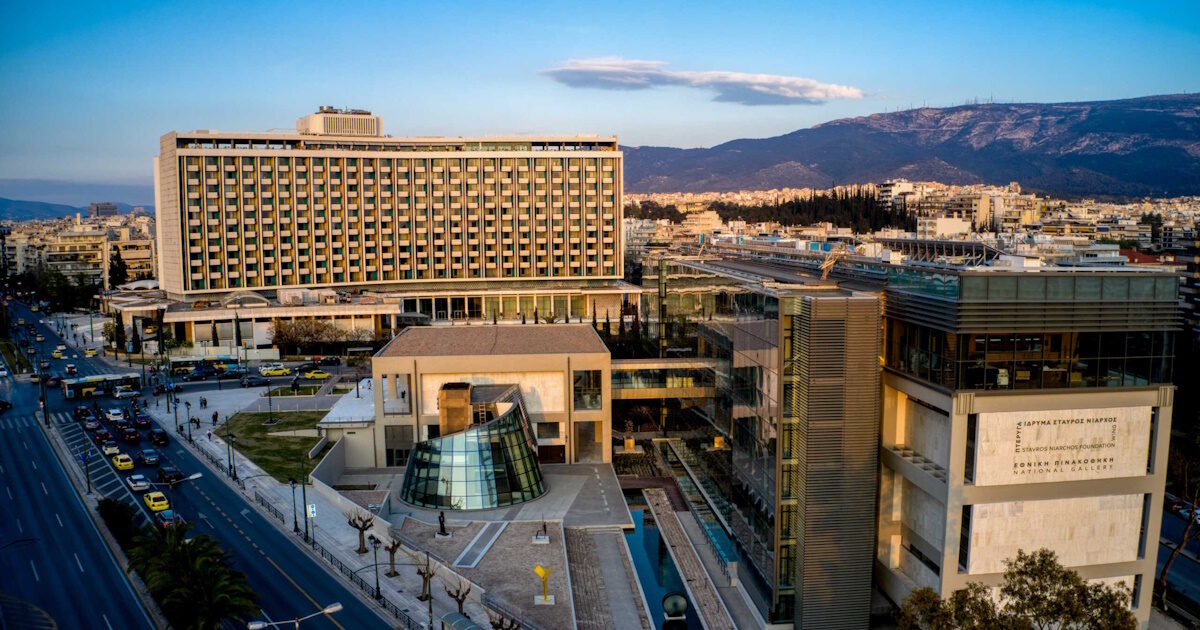Although June is traditionally one of the peak months for Greek tourism, the Athens recorded losses in the basic performance indicators of hotels her. Fullness, average room price (ADR) and revenue per available room (REVPAR) showed negative changes compared to June 2024, according to the latest data from the Athens-Athenian & Argosaronic Hoteliers Association.
Specifically, the average completeness of the Athens hotels stood at 88.9%, down 2% compared to last year June, while the average room faced 3.7% to € 228.50. At the same time, REVPAR fell 5.5%, reaching € 203.04.
However, a more macroscopic look at the first semester of 2025 offers a more optimistic picture: the fullness increased slightly by 1.3% and stood at 74.5%, the average room price was raised by 1.9% to € 169.96 and the Revpar rose to € 126.54, up 3.2%. The positive trend is mainly attributed to the good performance of the first trimester.
Under the shadow of European comparison
Despite stabilization evidence, Athens continues to lag behind other European cities, such as Madrid, Barcelona and Rome, both in fullness and at room prices and yields. On the contrary, only against Constantinople does the Greek capital record a clear superiority at the level of fullness.
Madrid has maintained stability (+0.1%) and remains higher than Athens, while Barcelona and Rome recorded small reductions in completeness, but without threatening their primacy. Particularly was impressive in room prices: Madrid raised its prices by 6.6%, Rome by 3.5%and Barcelona by 3.1%, while Constantinople fell 1.5%.
At REVPAR, Athens increased 3.2%, but Madrid stood out with a rise of 6.8%, while Rome (+3.1%) and Barcelona (+1.6%) exceeded the Greek capital. Only Constantinople went down to Revpar (-1.4%).
Seeking a stable identity on the world tourist map
Athens’ relative lag against competitive destinations is attributed to a series of exogenous factors. International volatility has affected negatively important markets of origin, such as the US and Israel, while the increased offer of accommodation – including short -term leases – exacerbates competition in the local market.
However, Athens does not remain inactive. Significant investments are ongoing, especially in the coastal zone, while efforts to upgrade the tourism product and diversification of experience are intensifying. The direction is strategic and extroverted – but it requires consistency, perseverance and clear positioning.
The bet is clear: to turn Athens into a consistently high-performance city, capable of standing equally next to the other great metropolises of the South. And June 2025, despite the losses, may be a reminder that sustainable tourism development requires not only increased traffic but also quality deepening.
